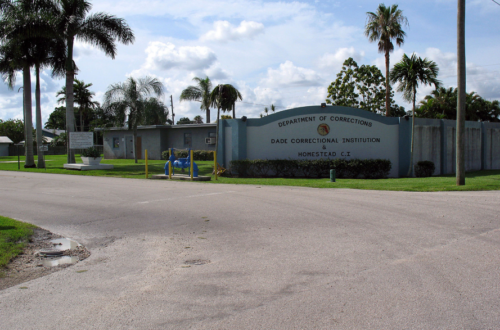In 2017, 46.6 million adults in the United States were living with a mental illness, according to the National Institute of Mental Health. That comprised nearly 20% of US adults in 2017.
Florida Senate Bill 1678 addresses mental health and substance abuse and has been introduced by Sen. Bill Montford, D- Tallahassee. 394.455 of the Florida Statutes states that intoxication, substance abuse and developmental disabilities are not considered mental illnesses. Under SB 1678, dementia and traumatic brain injury would also not be considered mental illnesses.
SB 1678 will also amend 394.459 of the Florida Statutes, which outlines patients’ rights regarding mental health. The addition will require that patients with serious mental illnesses be notified of aspects of recovery upon discharge. Additionally, patients must receive help in identifying and receiving services and treatment after discharge from a facility.
There are also modifications to Florida Statute 394.4625 regarding voluntary admissions to mental health facilities. SB 1678 would require adult patients be able to competently provide written consent to treatment in order to be admitted voluntarily. Minors admitted voluntarily must have written consent from a parent or guardian along with the minor’s agreement to be treated.
SB 1678 also clarifies the requirements for involuntary examination by a mental health facility, amending Florida Statute 394.463. Florida Statute 394.463 says that a person can be taken for involuntary examination if there is evidence of recent behavior indicating that he/she is likely to cause self-harm or harm to others. SB 1678 would allow caused or attempted property damage to constitute evidence that someone will inflict harm to themselves or others.
Further, this bill lists unlawful activities relating to involuntary examinations and associated penalties. For example, purposely providing false information in order to admit someone involuntarily to a facility is a first-degree misdemeanor.
394.4655 of the Florida Statutes is related to involuntary outpatient services. SB 1678 amends this section to allow a court to order someone to attend outpatient services for up to six months if the person meets the criteria for involuntary admission and the person was jailed, incarcerated, involuntarily admitted to a facility, or received mental health services at a facility at least twice in the past three years.
Additionally, the person’s doctor must be able to determine that outpatient services will be effective treatment. During treatment, the person must be monitored and supported by a social worker or another acceptable individual assigned to their case. Facilities must discharge patients after they no longer meet requirements for involuntary admission. The exception would be if the patient transfers himself or herself to voluntary treatment.
Courts cannot order those with developmental disabilities, dementia, or traumatic brain injury to enter involuntary treatment, because these do not qualify as mental illnesses. Persons with these conditions must be directed to the Agency for Persons with Disabilities or the Department of Elderly Affairs.
The bill also amends Florida Statute 397.501 regarding the rights of individuals attending substance abuse services. Upon discharge, a person must be notified of the important aspects of recovery and be assisted in finding continued services and maintaining health.
Featured photo: Florida Capitol. Public domain photo by Michael Rivera under a Creative Commons license (https://bit.ly/2Q0cGYm)





